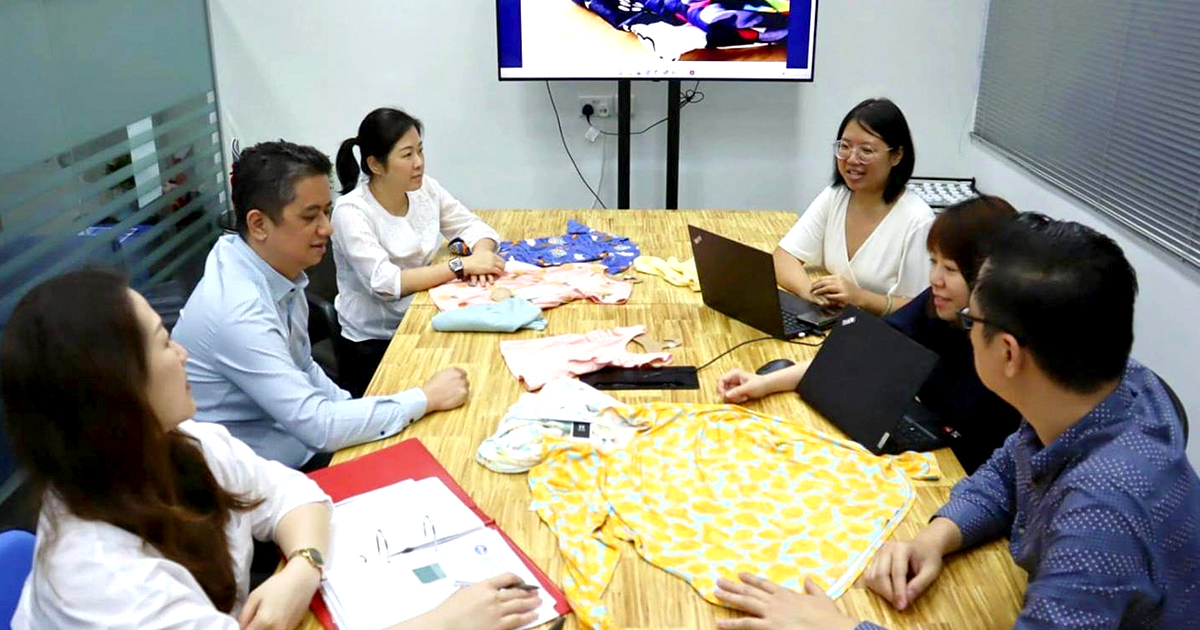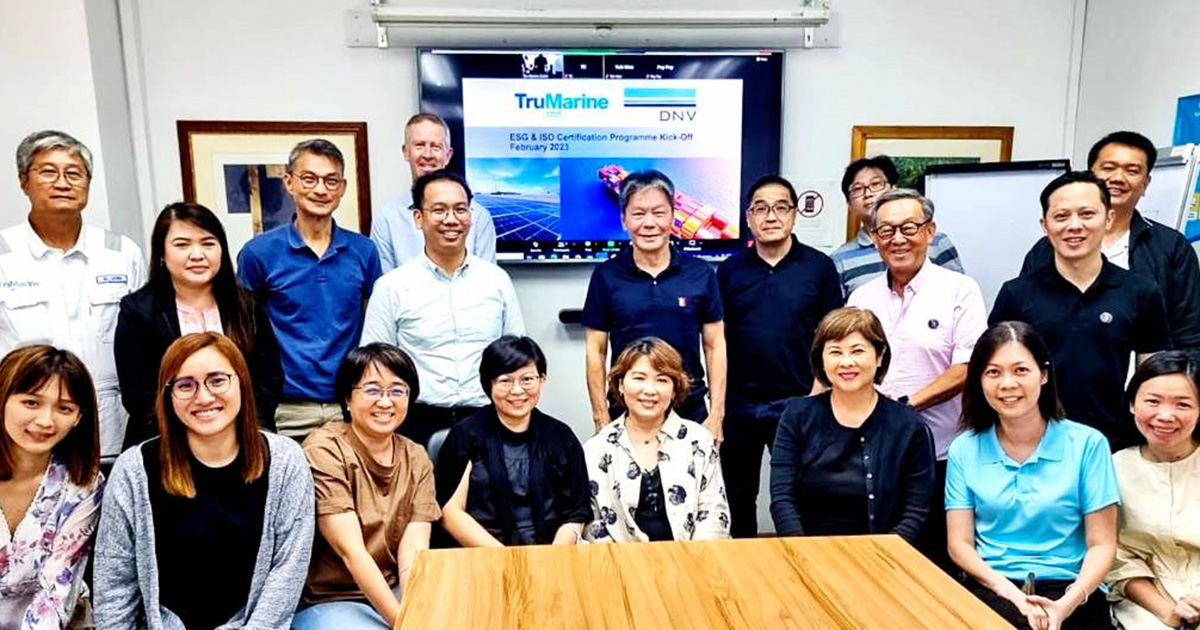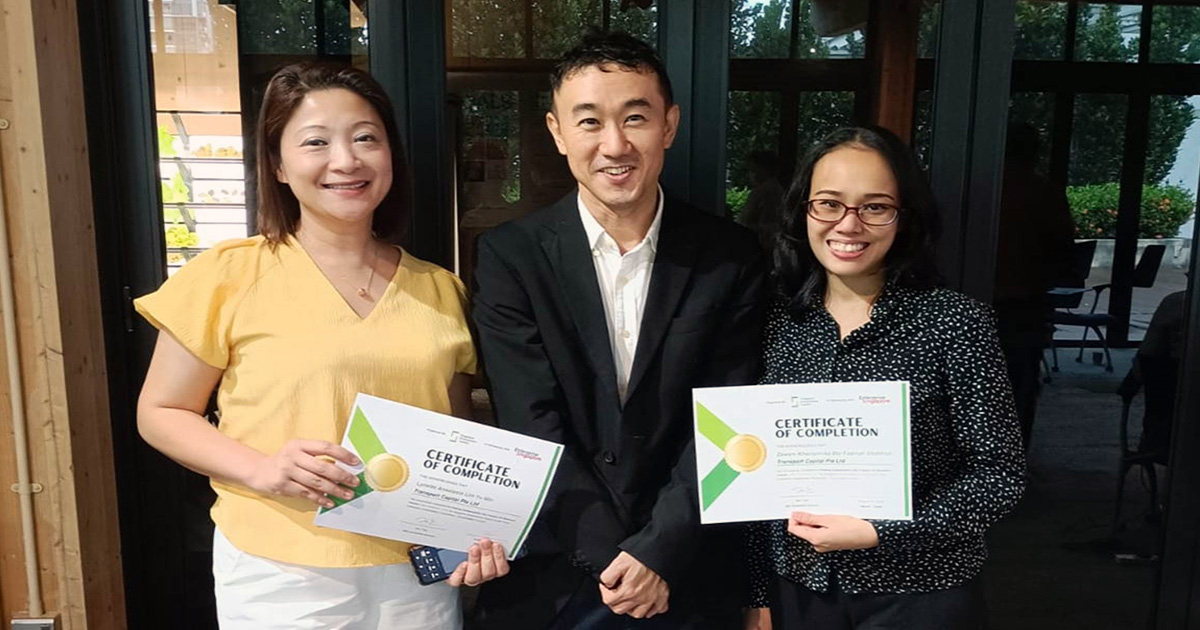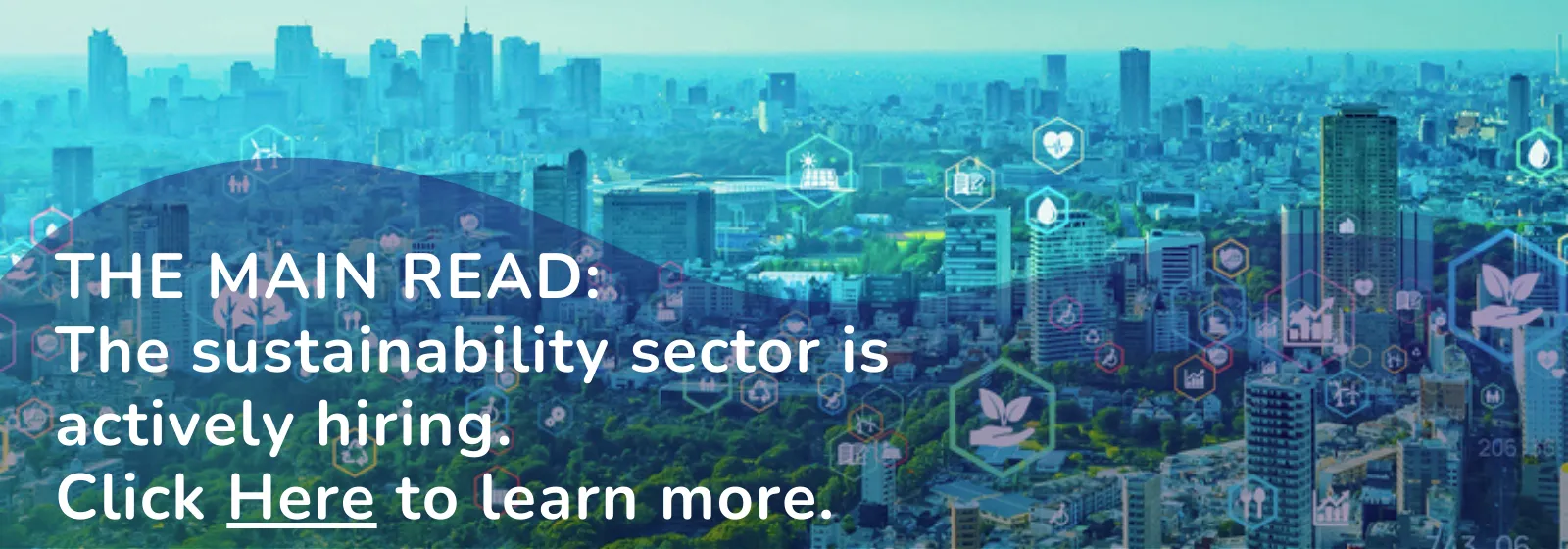Globally, the world economy stands to lose about 18% of its gross domestic product (GDP) if no climate action is taken, according to a study done by the Swiss Re Institute. To prevent this, governments and financiers are embedding sustainability practices in businesses through new regulations, emissions targets, and access to green loans, while consumers are shifting their preferences towards more sustainable products as well.
With the push towards a greener economy, what can Singapore businesses do to keep up and stay relevant?
Growing recognition of sustainability among Singapore businesses
Businesses must adapt their business models as sustainability takes centre stage in the global agenda. No longer just a “good-to-have”, sustainability is now a core enabler to drive business growth, stay competitive, and be future-ready.
The Singapore Business Federation’s National Business Survey 2022/2023 revealed that 75% of businesses in Singapore have implemented efforts in at least one Environmental, Social, Governance (ESG) area, while 81% have started preparation towards a low carbon economy.
However, knowledge in sustainability remains a key challenge, with 36% of businesses lacking knowledge about how to kickstart their green transition.
One way businesses can get started is by leveraging sustainability courses supported by Enterprise Singapore under the Enterprise Sustainability Programme.
Three Singapore SMEs have started their journeys towards becoming more sustainable businesses – here are their stories:
Weaving sustainability, one apparel at a time: TEO Garments
Carters. Joe Fresh. Ralph Lauren. Adidas. Hanes.
What do these global retail giants’ supply chains have in common? TEO Garments.
With over 40 years in the textile industry, the company is a vertically integrated apparel manufacturer delivering quality cut-and-sew apparel to brand owners, retailers, and specialty stores across the globe.
Lately, TEO Garments had observed an increasing trend in client requests for more sustainable products, such as organic cotton. Like most businesses, the question they had was: where to start?

Even with sustainability projects in the pipeline, TEO Garments wanted to sharpen its vision of going green. They attended the “Foundations in Corporate Sustainability” course conducted by the UN Global Compact Network Singapore, which gave them a deeper understanding of the UN Sustainable Development Goals (SDGs) and helped them identify areas most relevant for their business, to prioritise efforts and chart their next course of action.
They also learnt about reporting standards such as the Global Reporting Initiative and the Sustainability Accounting Standards Board, allowing them to select the most suitable reporting standards for their sustainability report, which has become a growing requirement by clients who wish to assess suppliers based on sustainability efforts.
With their enhanced knowledge of reporting standards and material factors, the company published their first sustainability report in 2022.
TEO Garments also enrolled in a capability-building programme called LowCarbonSG, using the Carbon & Emissions Recording Tool to track and reduce emissions.
The company is now advancing towards various accreditations like the Global Organic Textiles Standards and B Corp certification, which will better position them to meet evolving consumer preferences.
They are also looking to implement traceability solutions for their supply chains.
Deep-diving into sustainability: Tru-Marine
Sustainability has always been an integral part of Tru-Marine’s business model. This homegrown SME specialising in the Maintenance, Repair, and Overhaul of turbochargers in marine, offshore, locomotive, and power plant applications has focused on Corporate Social Responsibility efforts since the 1990s.
As the international maritime industry saw the first-ever mandatory global energy efficiency part standard imposed by the International Maritime Organisation in 2011, Tru-Marine recognised the need to accelerate climate action and actively identified ways to support the cause.
Before attending the ESP – Sustainability Course, Tru-Marine had sustainability initiatives, such as installing solar panels on office premises to reduce their reliance on utility power.

However, Tru-Marine saw the opportunity to benefit from a more coherent ESG strategy, as they had yet to piece their sustainability efforts together. They were also unfamiliar with international sustainability reporting frameworks that could help them communicate their efforts to stakeholders.
Tru-Marine enhanced their knowledge in this area to refine their blueprint and gain greater clarity on how to approach decarbonisation, such as the importance of energy management, and how improving the efficiency of their turbochargers contributed to the broader decarbonisation efforts of clients.
Another key takeaway was approaching sustainable development holistically by including social factors such as employee wellbeing and diversity, and governance factors such as information security and anti-bribery policies.
To further their sustainability efforts, Tru-Marine established an ESG Council to champion sustainable policies and pursued continuous efforts to achieve resource efficiency and waste management. Their efforts helped them reduce their absolute emissions by about 16%, and emission intensities by nearly 60%, compared to 2021 levels.
“With knowledge of the ESG agenda, we are now better able to understand the rationale behind the urgent call to action, and what we must do both from personal and business perspectives,” said James Loke, CEO of Tru-Marine.
Their upcoming sustainability efforts include conducting an ESG road-mapping exercise to identify key transformation areas and opportunities and adopting relevant standards to drive sustainability. They also conducted a Life Cycle Assessment to measure carbon emission reductions through component lifecycle extension, complementing their current emissions-reduction systems.
Preparing the runway for sustainability: Transport Capital
Established in 2013, Transport Capital is an investment asset management, loan financing consultancy, and asset brokerage firm specialising in the maritime and aviation industries.
With a commitment to sustainability and decarbonisation, Transport Capital seeks to embed sustainability initiatives – including the UN’s Principles of Responsible Investment and SDGs – into their operations to generate sustainable value for all stakeholders.
While Transport Capital had the first steps of its sustainability journey carved out with the help of external ESG consultants, they discovered that they had yet to grasp the plans confidently. Hence, they sought to bridge their knowledge gaps and understand the foundations of ESG concepts, to build a deeper understanding of their goals and plans.

“The content in the course closely aligned with our sustainability objectives, and our learnings helped to significantly propel us towards achieving them,” added Wani Azahar, Communications and Marketing Manager of Transport Capital.
Since reviewing its strategy, Transport Capital has made improvements to its ESG policies and institutionalised new ones.
Some include launching their Human Resources Information System and strengthening internal communications, as part of their employee engagement strategy that addresses the social aspect of ESG.
To cascade the know-how and skills of ESG throughout the company, Transport Capital educated their staff on sustainability trends and ran internal eco-campaigns. One such campaign was the Eco Ambassador Campaign – where they rewarded staff for their recycling efforts.
These efforts have culminated in increased staff engagement and acceptance towards sustainability, along with other metrics that indicate the success of their ongoing efforts, such as the elimination of single-use plastic bottles in the company.
Transport Capital will be gearing towards clinching the title of Employer of Choice and preparing for its third sustainability report. They will also be exploring a more in-depth climate-related risk assessment for the business.
This article is contributed by Enterprise Singapore.
















